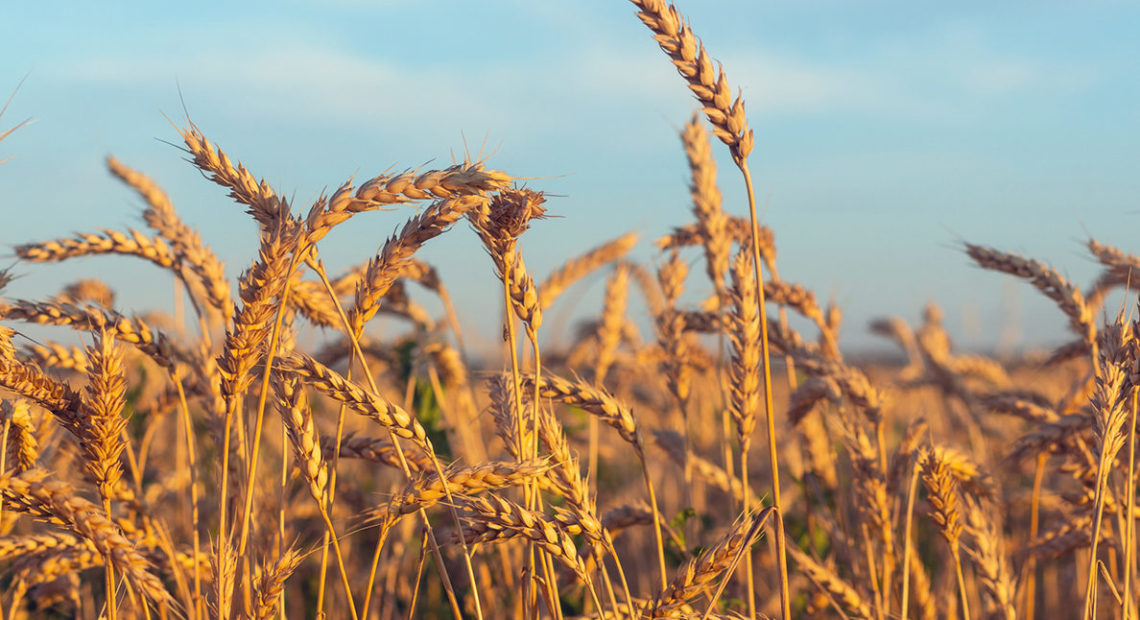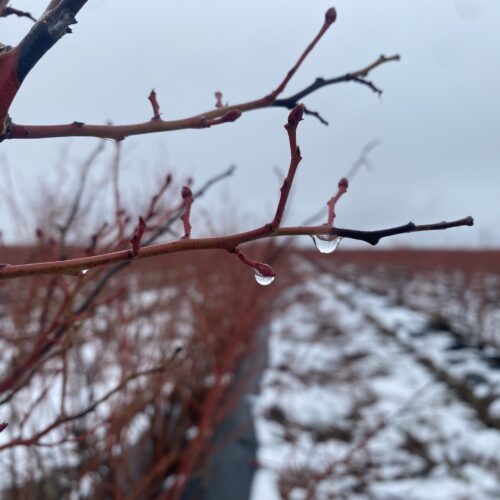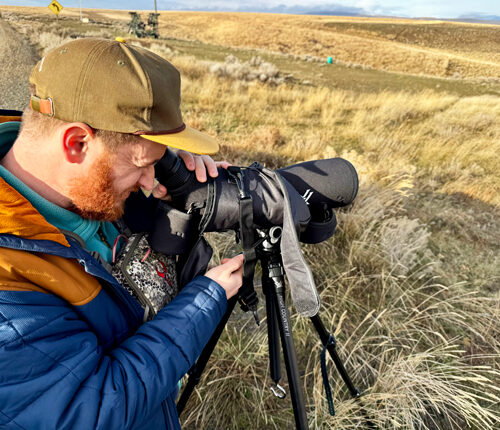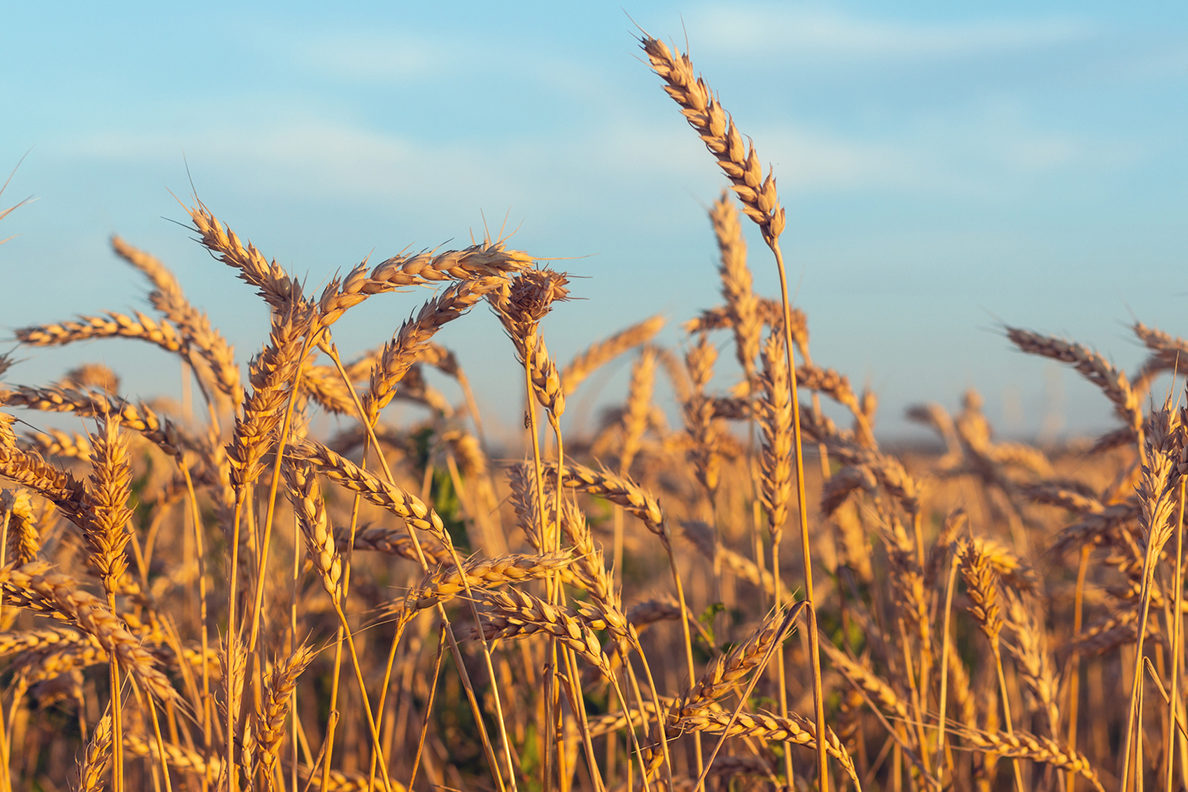
Have Celiac Disease? Researchers Are Close To Delivering A Gluten-Free Grain For You
Listen
People with Celiac disease are a bit closer to enjoying gluten products again.
With the help of genetic modification, a team of Northwest scientists have engineered a unique wheat variety that’s safe for people with gluten sensitivities and allergies.
Gluten — a mix of proteins found in most grains — is what gives bread dough its elasticity. It’s found in everything from your morning cereal to beer to even some medications.
The only treatment available for Celiac is a gluten-free diet.
Since 2012, a group of scientists from Washington State University, Clemson University and other international research institutions have been working on changing a wheat strain to include an enzyme that would actually break down gluten.
Sachin Rustgi is one of the researchers behind it.
“Rather than eating a food supplement from outside, we actually introduced a glutinous gene into the wheat grain itself,” Rustgi explained.
That fix is similar to lactose intolerance: Sometimes people will take a pill to help them digest dairy products. This is like that pill being genetically modified to be inside the milk.
But it’s not coming to consumer shelves quite yet. The new wheat strain won’t be on the market for at least another few years. First scientists want to make sure the wheat can withstand high heat — like it would in an oven.
It’s good news for the estimated three million Americans — many who remain undiagnosed — who could be able to consume gluten products.
NOTE: WSU holds the broadcasting license of Northwest Public Broadcasting, though NWPB is editorially independent.
Related Stories:

Blueberry bust: Hundreds-of-millions-of-dollars blueberry biz in the Northwest and Canada act as one, tariffs could complicate the relationship
Snow melts in drops off bare blueberry bush twigs at a sprawling farm in Franklin County in Washington state. (Credit: Anna King / NWPB) Listen (Runtime 2:47) Read At one

What’s fuzzy, cute and sold out? Chicks
As egg prices surge, baby chicks have been selling out across the region — and the country. (Credit: Susan Shain / NWPB) Listen (Runtime 3:59) Read The first person showed

Searching for sage grouse: Looking for a chicken-sized needle in south-central WA
Seth Hulett, Audubon Washington’s senior program manager of the Columbia Plateau, searches through his spotting scope for sage grouse. (Credit: Courtney Flatt / NWPB) Listen (Runtime 4:12) Read In south-central
















